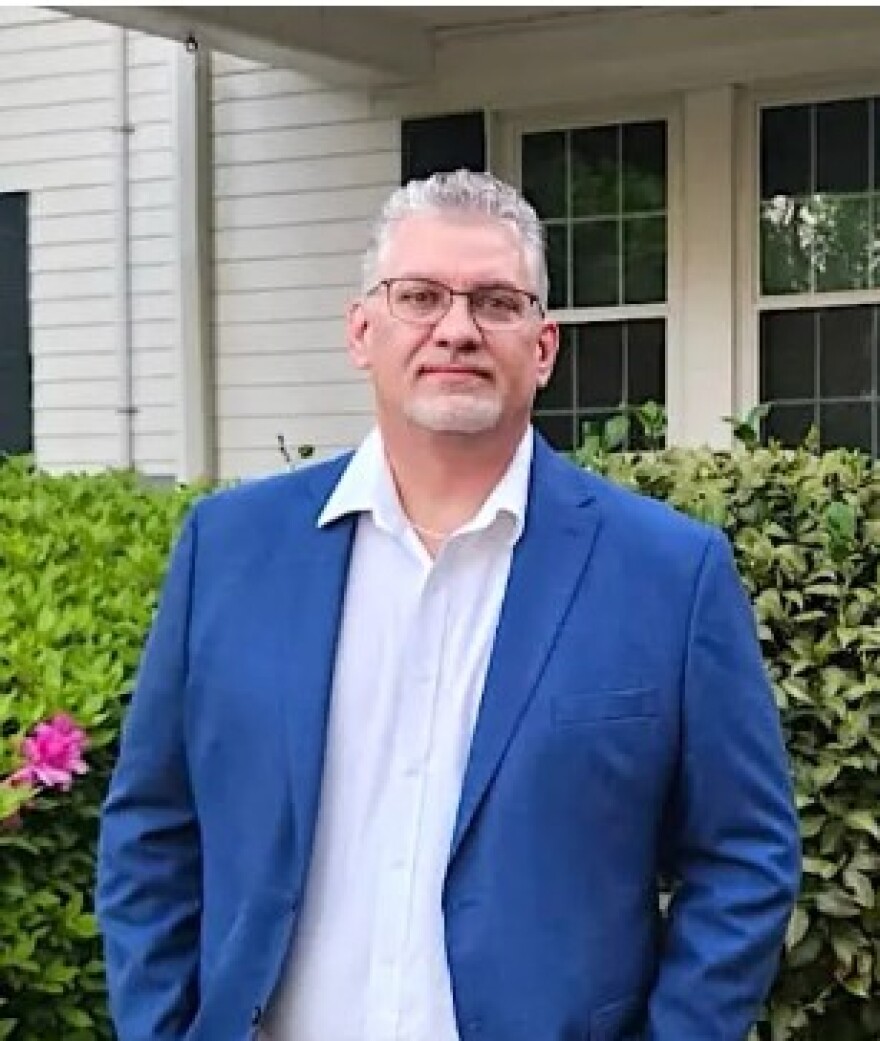No one buys a home expecting to go into foreclosure. But job losses and health crises can upend carefully laid plans. So can global events like the 2008 financial crisis and the COVID-19 pandemic.
Polk County had the nation’s highest rate of foreclosure activity last year, with 1,866 properties — one of every 172 homes — in some stage of the process.

"I wish I had known the system when they took my house. Things would have been very different"Bob Miller
Bob Miller, 55, of Lakeland knows what those homeowners are going through.
Today, he’s a licensed real estate broker who specializes in foreclosure and short sales. But when the housing market collapsed in 2008, he was on the other side of the equation.
“When the market crashed, we had no income. I remember I owed the lawn guy 50 bucks. It took me two years to pay. I was working three jobs,” Miller said.
“When we lost our house in ’08, it was humiliating. It was embarrassing. It’s everything you’re taught not to be. You know, pay your bills as an adult.”
The emotions associated with foreclosure cause many people to avoid the problem.
“I was just as guilty. I put my head in the sand,” Miller said.
But he said that is the worst possible thing people can do.
“Pick up the phone. That’ll solve 80% of your problems.”
Options for distressed homeowners
Nationwide, the average completed foreclosure took 762 days last year. But many foreclosure filings never got that far.
That’s because many distressed homeowners are able to make arrangements with their lenders. Miller is often a go-between in those negotiations.
He said some of the options include:
- Forbearance — Banks will sometimes suspend or reduce payments for a fixed period of time, and arrange a repayment plan to make up any missed installments.
- 40-year mortgage — Many banks encourage homeowners to refinance their loans to 40 years. But Miller noted that attorneys’ fees will be tacked onto the mortgage, making it difficult for the homeowner to build any equity.
- Short sale — If the bank agrees, a homeowner can sell the property for less than he or she owes to the bank. The bank takes the proceeds and the homeowner’s debt is erased. There is some credit impact, but much less than a foreclosure.
- Deed in lieu of foreclosure — A homeowner can voluntarily transfer ownership to the bank, avoiding the formal foreclosure process and severe credit damage.
- “Cash for keys” — Banks will sometimes offer a homeowner money to vacate the property quickly and leave it in good condition.
- Bankruptcy — Declaring bankruptcy is a serious decision, but it can also stop the foreclosure process and allow a homeowner to reorganize debts and assets.
Miller said the most important thing for homeowners to understand is, “The bank doesn’t want your house. You might think they do, but they don’t. You are just one loan in a pool of thousands.”
A homeowner’s best chance to avoid foreclosure is within the first six months of missing payments, Miller said. Once the bank’s attorneys get involved, costs increase and options decrease.
Tips for Avoiding Foreclosure
- The Florida Attorney General’s Office has a web page with resources for people facing foreclosure. It includes ways to avoid scams.
LkldNow’s Insight Polk independent reporting initiative is made possible by the Community Indicators Project with funding by GiveWell Community Foundation & United Way of Central Florida. All editorial decisions are made by LkldNow.
Cindy Glover is a reporter for LkldNow, a nonprofit newsroom providing independent local news for Lakeland. Read at LkldNow.com.



